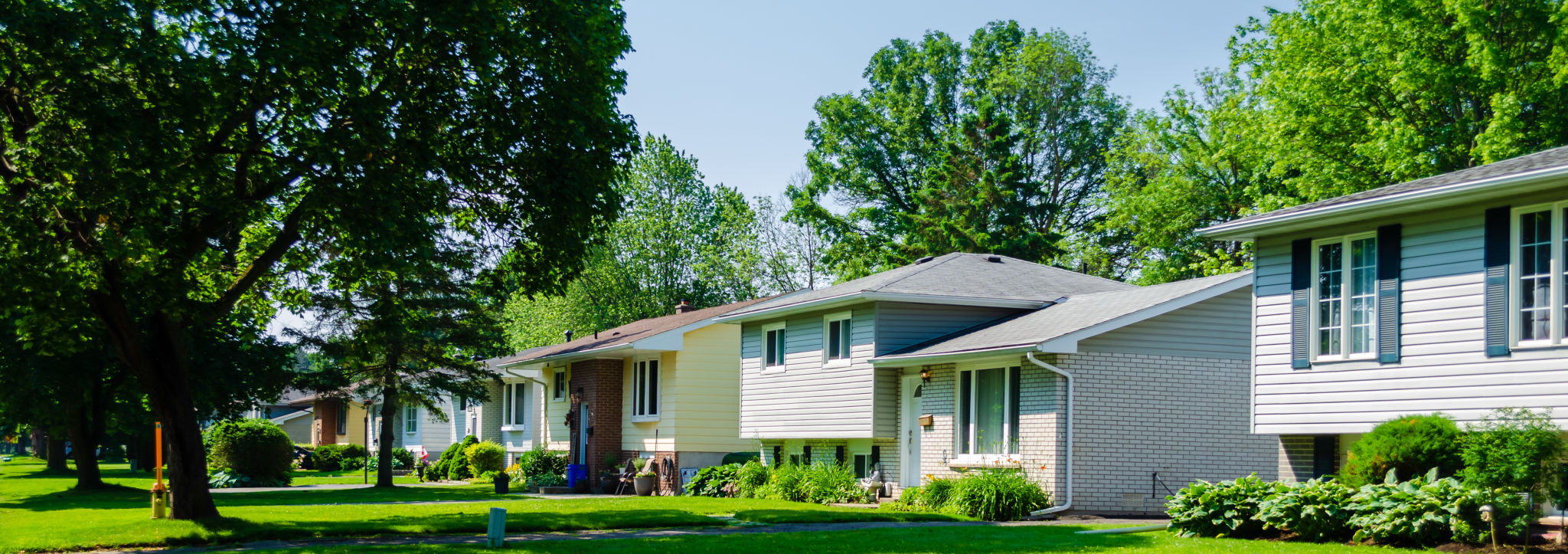Understanding Atlanta's Real Estate Market Trends
QR
Introduction to Atlanta's Real Estate Market
Atlanta, Georgia, is a dynamic city with a real estate market that is as vibrant as its culture. Understanding the trends in this market can offer valuable insights for potential homebuyers, investors, and real estate professionals. In recent years, Atlanta has experienced significant growth, driven by factors such as economic development, population influx, and favorable living conditions.
The city's real estate market is characterized by its diversity, offering everything from high-rise condos in bustling urban areas to sprawling suburban homes. This wide range of options caters to a variety of buyers, making it essential to understand the current market trends that influence buying and selling decisions.

Current Market Trends
One of the most notable trends in Atlanta's real estate market is the rise in home prices. The demand for housing has surged, largely due to an increase in population and a strong job market. As a result, sellers are in a favorable position, often receiving multiple offers above the asking price.
Another trend is the shift towards suburban living. Many buyers are looking for more space and affordable housing options, leading to increased interest in suburbs surrounding Atlanta. Areas such as Alpharetta, Marietta, and Sandy Springs have become popular choices for families and individuals seeking a balance between city life and suburban tranquility.

Factors Driving Market Changes
Several factors contribute to the current trends in Atlanta's real estate market. The city's thriving economy plays a significant role, attracting new businesses and residents. With major corporations establishing headquarters in Atlanta, the job market continues to expand, drawing professionals from across the country.
Moreover, Atlanta's infrastructure development has enhanced connectivity within the city and its suburbs. Projects like the BeltLine have improved accessibility and increased the attractiveness of nearby neighborhoods, further fueling demand for properties.

Investment Opportunities
For investors, Atlanta presents numerous opportunities. The rental market remains strong due to a steady influx of new residents and a growing preference for renting over buying among younger generations. This trend has led to an increased demand for rental properties, particularly in well-connected neighborhoods.
Additionally, areas undergoing revitalization offer promising investment prospects. Neighborhoods like West Midtown and East Atlanta Village are seeing a surge in development projects, which can lead to significant appreciation in property values over time.
Challenges in the Market
Despite the favorable conditions, challenges persist in Atlanta's real estate market. One of the primary issues is the limited housing inventory. The rapid pace of demand has outstripped supply, leading to competitive bidding wars and escalating prices. This scenario poses difficulties for first-time homebuyers and those seeking affordable options.
Furthermore, rising construction costs and supply chain disruptions have slowed down new housing developments. Builders are facing hurdles in meeting the growing demand, which adds pressure on existing inventory and contributes to price increases.

Future Outlook
The future of Atlanta's real estate market appears promising but uncertain. While ongoing economic growth and infrastructure improvements bode well for continued expansion, potential challenges such as interest rate hikes and economic shifts could impact market dynamics.
Staying informed about these trends and understanding their implications is crucial for anyone involved in Atlanta's real estate scene. By keeping an eye on key indicators and adapting to changes, buyers, sellers, and investors can navigate this dynamic market successfully.
